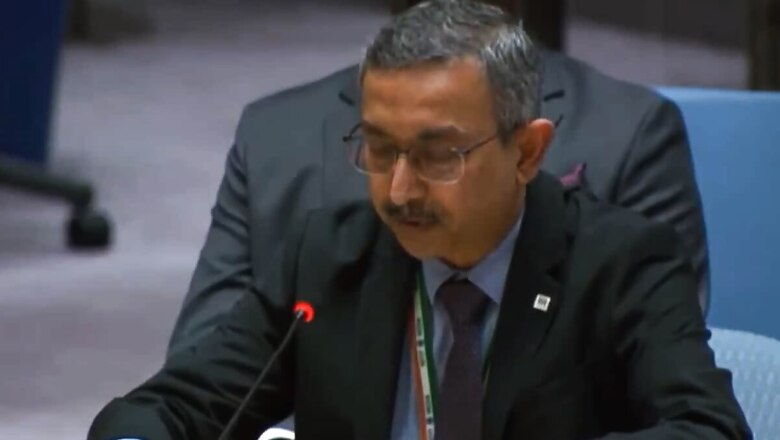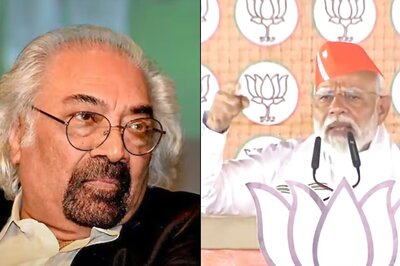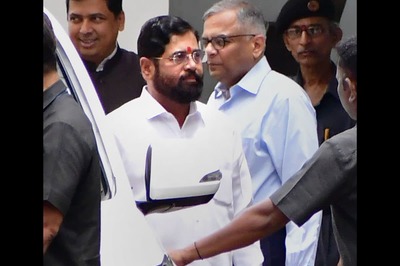
views
The United Nations Security Council (UNSC) urgently needs reform to become more effective, democratic, and accountable, the Secretary (West) of the Ministry of External Affairs said on Thursday, reaffirming India’s longstanding position.
During an Open Debate on Leadership for Peace here, Indian diplomat Tanmaya Lal stressed the urgent need for reform of the UNSC and argued that the outdated structure fails to address the escalating global conflicts and security challenges effectively. Lal pointed out that the UNSC was established over eight decades ago, a time when many member states were still colonies.
“The UNSC has to become representative, transparent, efficient, effective, democratic, and accountable,” Lal said while urging for the need for text-based negotiations. Without naming any country, he slammed those resisting meaningful changes to the global governance framework, asserting that such opposition undermines the UN’s legitimacy and its contributions to development efforts.
READ MORE: ‘Let’s Make The UN More Efficient’: France’s Macron Backs India’s Bid For Permanent Security Council Seat
#IndiaAtUNStatement delivered by Secretary West @meaindia, @Tanmaya_Lal at the UNSC Open Debate on Leadership for Peace. pic.twitter.com/JxVXGZTR5a— India at UN, NY (@IndiaUNNewYork) September 26, 2024
UNSC reform
India has long sought a permanent seat on the UNSC to better represent the interests of developing nations and the geopolitical realities of the current world order. This push has gained momentum recently, with increased support from various countries. The UNSC currently consists of 15 members: five permanent members—China, France, Russia, the United Kingdom, and the United States—who hold veto power, and ten non-permanent members elected for two-year terms.
Lal’s comments came as part of broader discussions among nations advocating for UNSC reform. The Group of Four (G4), which includes India, Brazil, Germany, and Japan, has reiterated calls for an expanded UNSC that reflects current geopolitical realities. They stress the necessity for greater representation from Africa, Asia-Pacific, and Latin America within both permanent and non-permanent categories.
Condemned Pakistan
While delivering his remarks, Lal also condemned Pakistan for its support of terrorism. The Indian diplomat highlighted that Pakistan’s involvement in training and harbouring terrorists is well-documented and called on the international community to reject these actions. “It is high time that Pakistan starts working for its own people,” he said, stressing that its ongoing export of terror cannot succeed.




















Comments
0 comment